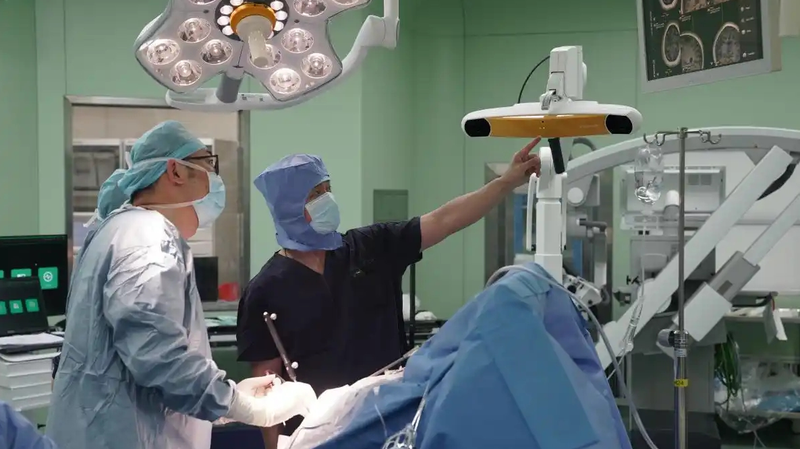In a world-first for the Chinese mainland, researchers have launched the nation’s inaugural prospective clinical trial of an invasive brain-computer interface (BCI).
Led by the Center for Excellence in Brain Science and Intelligence Technology under the Chinese Academy of Sciences, alongside Fudan University’s Huashan Hospital and industry partners, the trial marks the Chinese mainland as the second country globally to test this groundbreaking neurotech in humans.
The trial’s subject, a man who lost all four limbs in a high-voltage accident, received the ultra-flexible neural electrode implant in March 2025. Designed to interface seamlessly with brain tissue, the device has delivered stable performance while minimizing immune response.
After just two to three weeks of targeted training, the participant could play chess and high-speed racing games using only his brain signals—achieving control levels similar to a healthy user on a standard touchpad.
At just 0.3 millimeters in thickness, the neural electrode is the world’s smallest and most flexible device of its type. Its high-density, high-throughput design records signals across broad brain regions over the long term, overcoming past hurdles like limited bandwidth and poor biocompatibility.
With its biocompatible design and advanced recording capabilities, experts say the technology could transform rehabilitation—improving quality of life for patients with spinal cord injuries, amputations, and other motor impairments.
Reference(s):
China conducts first prospective clinical trial of invasive BCI
cgtn.com




